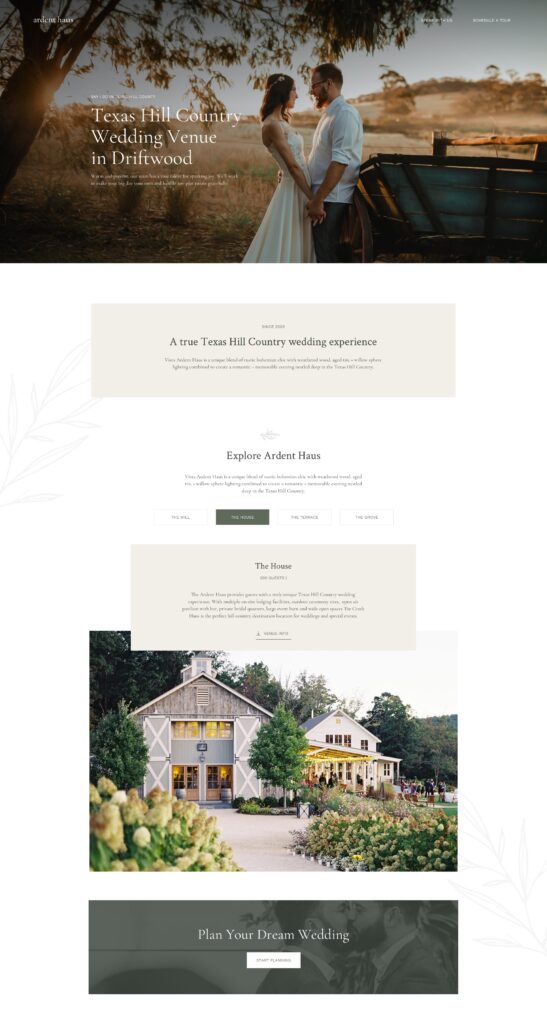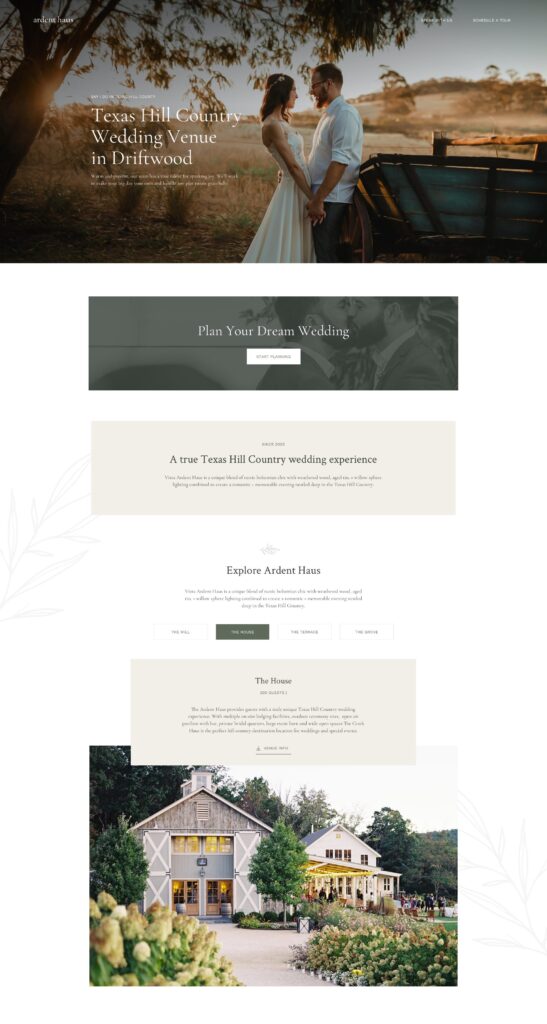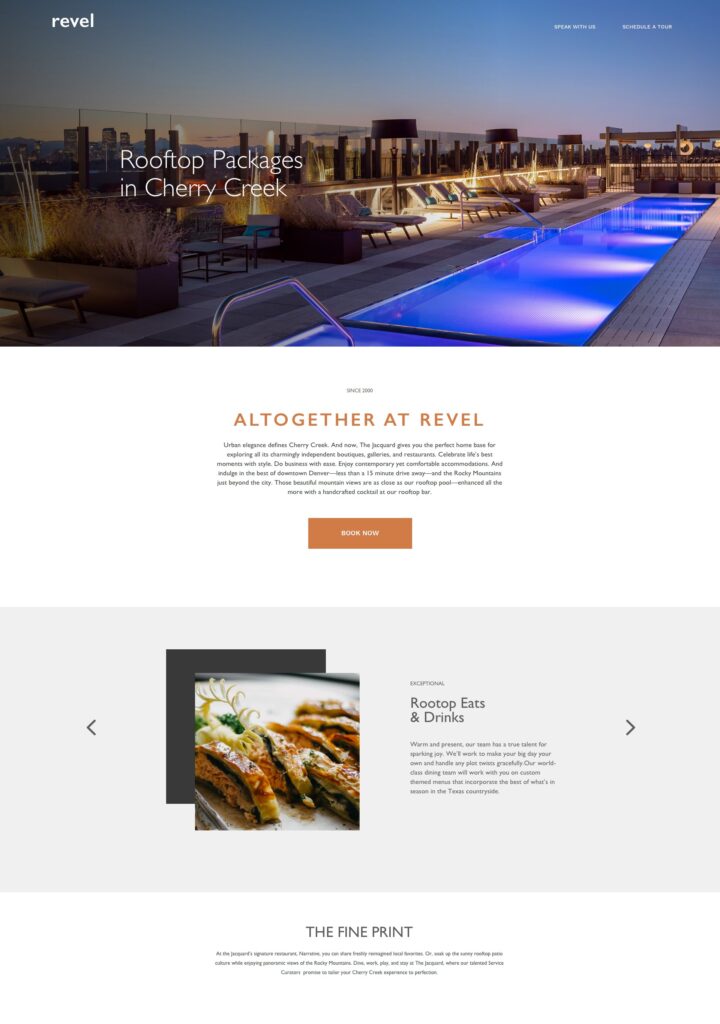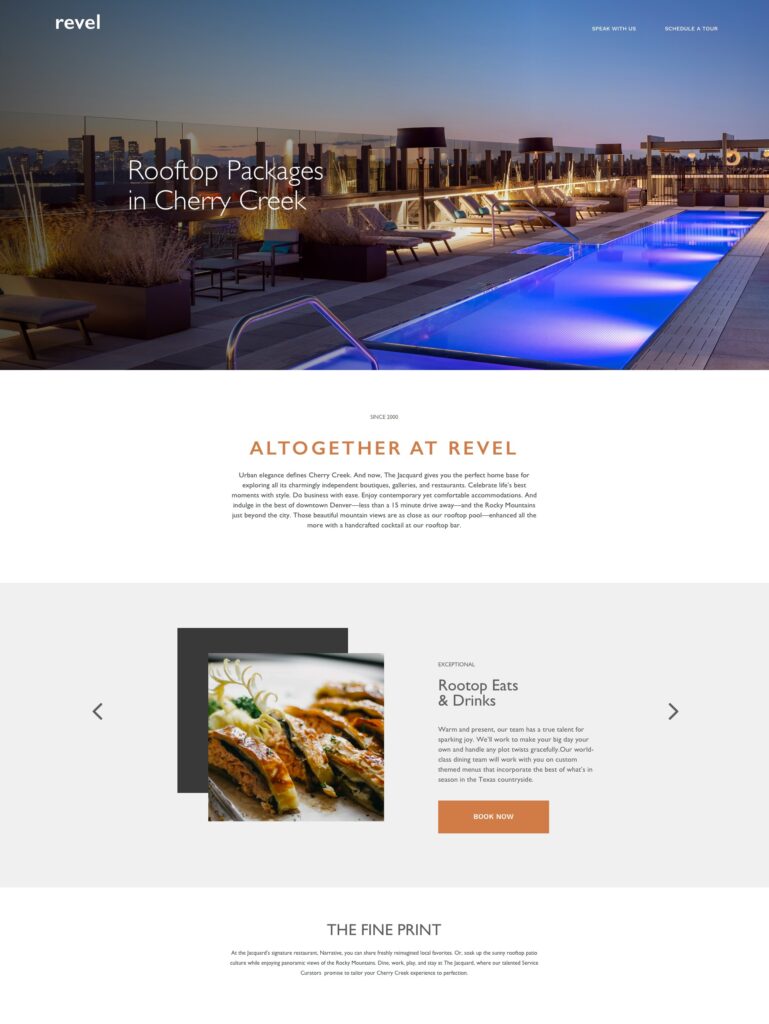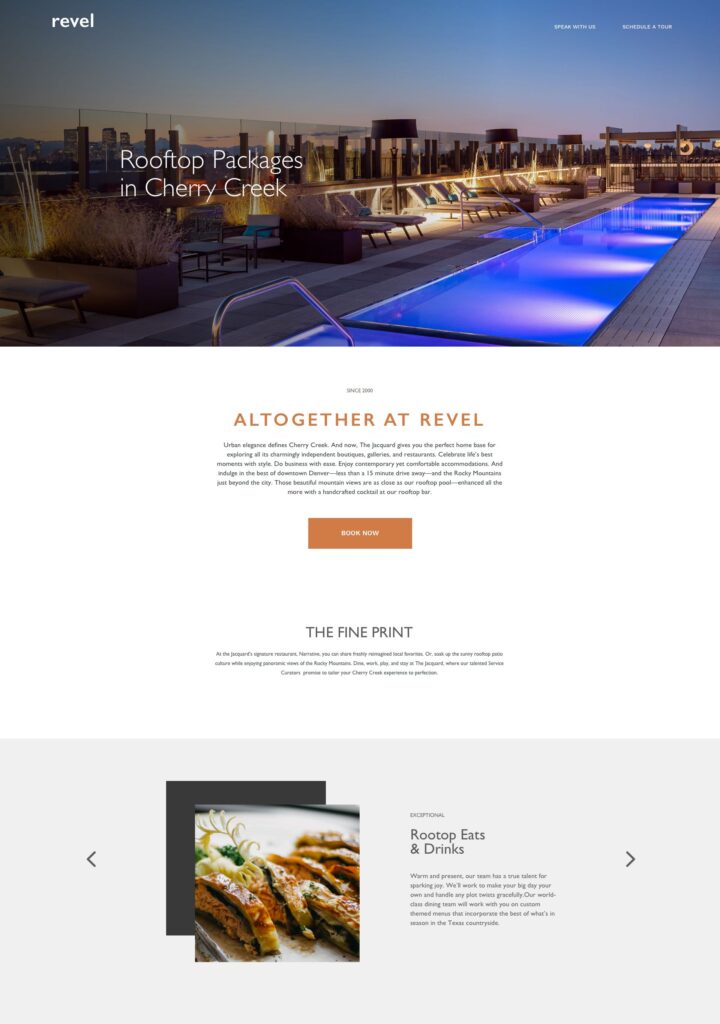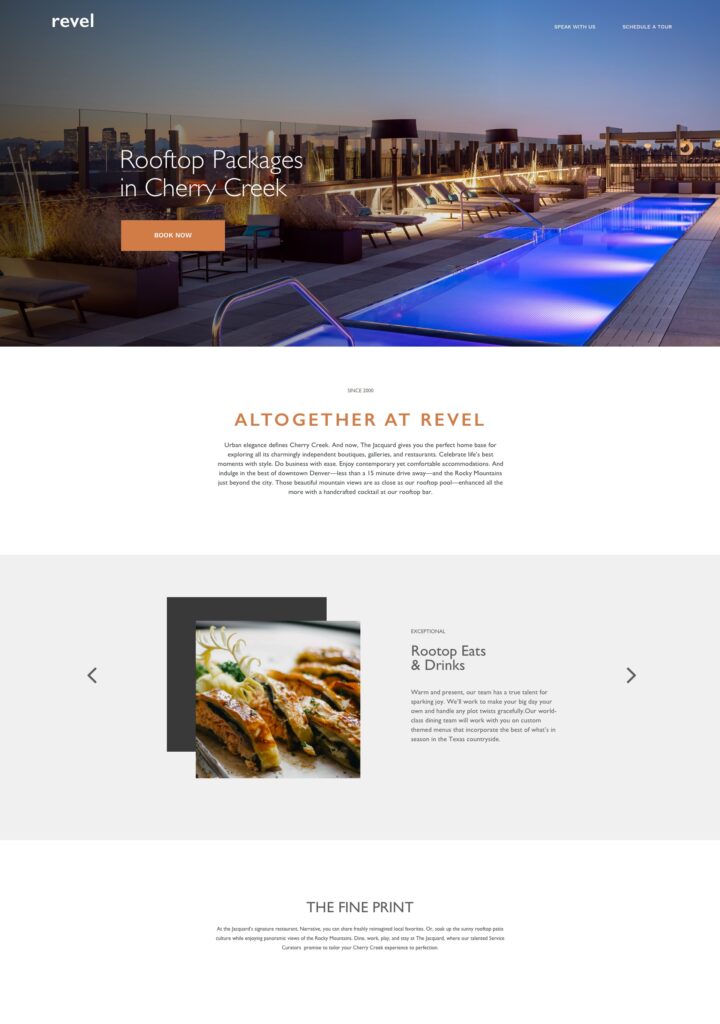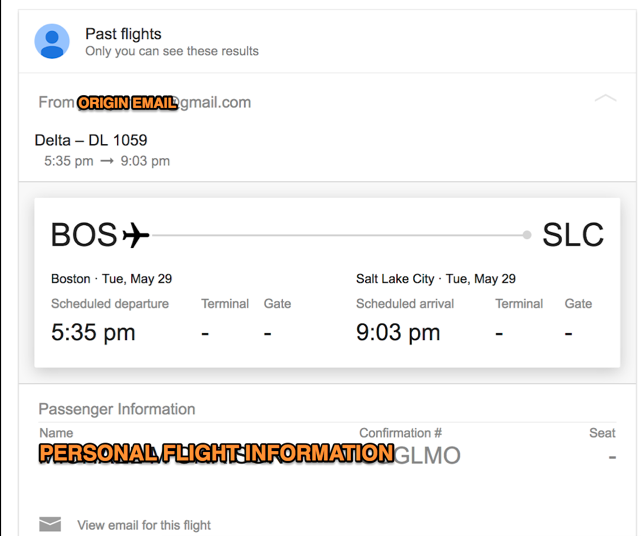Increase Website Conversions & Traffic
In 2014, I was looking for a new job and did a Google search for “digital marketing careers park city.” GCommerce was one of the top results and I submitted an application. During my first interview with GCom, our current Chief Evangelist, Chris Jackson, said he was really surprised to hear that I found their site on Google: “we’ve hardly optimized anything on there, we’re like the painter that still hasn’t painted his own house." When I started as a Search Specialist, I quickly learned exactly what Chris meant; the company was moving and growing so quickly, marketing our own website was a lower priority than building out new services and strategies that would serve our clients.
Much like the rest of the world, we finally caught up on some to-do items during 2020. On August 26th, the new and improved GCommerce website was introduced to the world. As always, our website design and development teams did an amazing job of building an incredible website. The pages are built on our latest Stile CMS that is incredibly agile and flexible, allowing us to make quick updates and changes to the website while creating a more customized experience with our content. With a fresh look and an incredibly well-optimized site, the painter had finally painted his own house.
Now that we are in January, 5 months post-launch, the real question is, did it pay off? Was it worth it to invest in a new website? We’re happy to say it absolutely was. In the first 238 days of the year (Jan 1 – Aug 26), GCommerce posted 34 blogs, or a blog every 7 days. In the last 116 days (Aug 27-Dec 21), GCommerce has published 13 blogs (not including this one), or a blog every 9 days. Our posting frequency has decreased since the launch of our new website, however, our traffic has absolutely exploded.
We are reporting over 1,000 more Sessions to the site, a 360% increase. GCommerce averages a $.78 CPC for all our clients on Google Ads; if we were to drive this much traffic to the website through that platform, it would have cost over $800 at our average CPC. Instead, posting 13 blogs has driven that same amount of traffic. The Bounce Rate and the Average Session Duration have certainly gone up and down respectively, which are not necessarily good things, however, this is higher-funnel traffic and we would want to know the Conversion Rate of this traffic compared to our site average to see whether or not we are driving a more qualified audience with our blog content. In calculating those conversion rates, we see a 39% increase during this time, so we are definitely driving a qualified audience with our blog. For GCommerce, that means people submitting RFPs, sharing content on Social Networks, interacting and engaging with the website among other things.
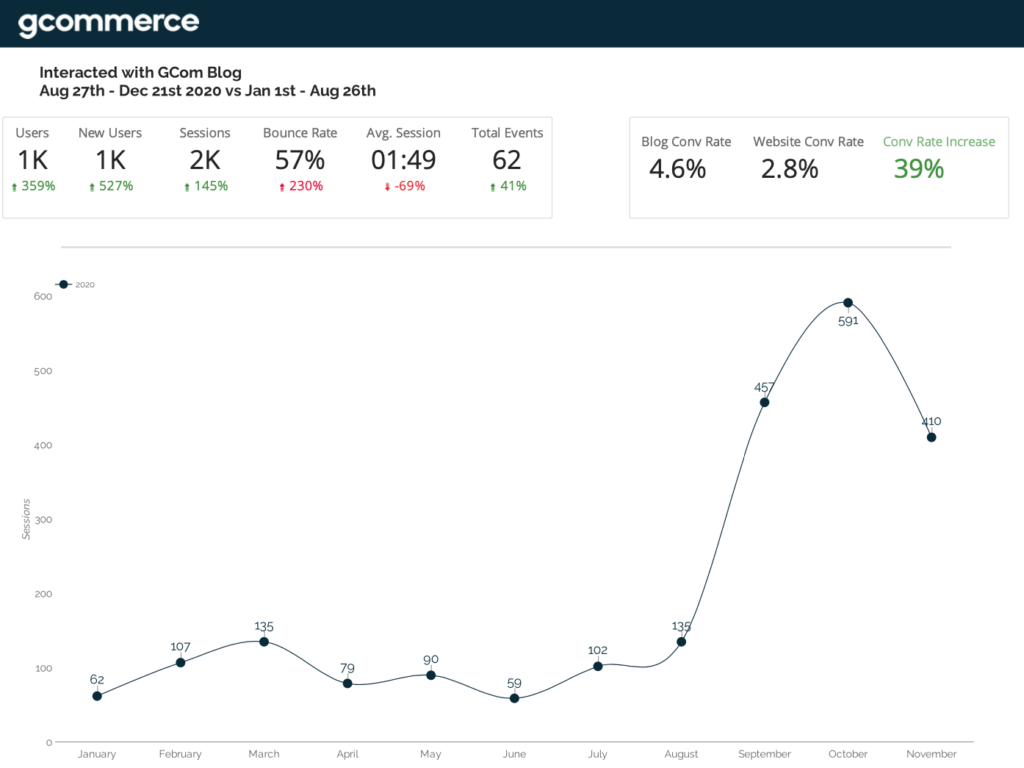
For many small businesses, 2020 has been an incredibly difficult year with many challenges. Yet, we are optimistic with an increased demand for travel and a vaccine that is beginning to be delivered to frontline workers. We are hopeful that 2021 is a different year for travel and hotels. While this might not be the best time for every business to invest in a new website, for those that can, the return on investment once travel demand has returned could really pay off in the long run. In the example of our company, we were posting more blogs prior to our new website launching, possibly putting more time, labor, energy, and research into those blogs. Simply by building a new website and even posting less frequently, we have seen a huge return with better conversion rates from more “free traffic” - we pay in the form of blog posts, but not in the form of budgets, ad copy, creative, CPCs and all of the other hard costs that go into driving traffic to your website with advertising.
If you are interested in building a new site or upgrading your current one, check out our impressive portfolio of websites custom built by the experts at GCommerce.
